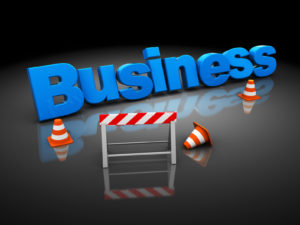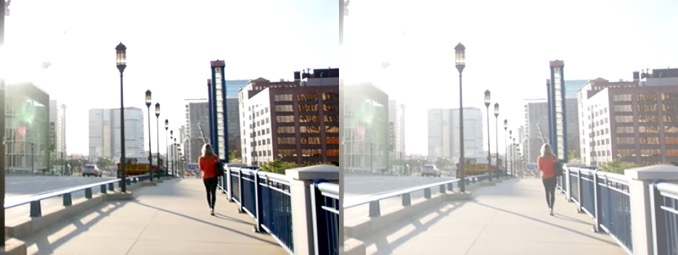Vicarious Liability: Can a Business Be Liable for the Tortious Acts of Employees?
Every business relies on employees to use sound judgment and make responsible decisions within the scope of the employment. Effective employees work well under limited supervision, assist customers, help the business move towards its goals, and everyone benefits.
W
VICARIOUS LIABILITY
Vicarious Liability is when a business/employer is held liable for the actions of an individual. In Massachusetts, Vicarious Liability will be imposed upon an employer for
- The Tortious Acts…
- Of an employee…
- Committed Within the Course of Employment
COURSE OF EMPLOYMENT
What does the Course of Employment refer to? As it stands to reason, generally, a business will not be held liable for the personal actions of an employee that happen when that person is not at work. Additionally, a business is not responsible for the actions of an employee at work if that employee is plainly acting outside of what he or she is authorized or permitted to do at work.
“Serving the Purpose of the Employer”
Many job positions require the employee to drive a vehicle as part of the business. To what extent would the employer be responsible for the actions of the employee behind the wheel? Consider the following 2 cases:
In Kelly v. Middlesex Corp., 35 Mass. App. Ct. 30, 32, 616 N.E.2d 473, 474 (1993)., the Court considered the unfortunate case of a State Trooper who was injured by a driver who was heading to pick up a paycheck. The State Trooper argued that the driver’s employer should be held vicariously liable because the employer told the employee to drive to a certain location to pick up their paycheck and, while heading there, the driver fell asleep and struck the Trooper.
Here, the Court asked whether the Employee was acting in the Course of Employment while driving to pick up the pay check. The Court considered the fact that the Employee’s job did not involve driving, and that, at that time, he was not “serving the purpose of the employer.” The Employee was off the clock at the time, and was told he would not receive gas or milage reimbursement for his travels. This individual was acting in his personal interests, and not in the employer’s interest, by choosing to drive to the paycheck site after work. Because of this, the Employer was found to be not liable for the Employee’s driving accident.
In Lord v. Panaro, 13 Mass. L. Rptr. 675, 2001 WL 1470352 (Mass. Super. Ct. 2001), the Court faced a nearly identical question but reached a differing conclusion. In this case, a sanitation worker was on the side of the road when he was struck and injured by a Home Health Aide traveling to the home of a patient. The sanitation worker sought to hold the Hospital (employer) vicariously liable for the driving of the Home Health Aide.
Here, unlike the previous case of the employee driving to pick up a paycheck in his free time, the driver of the vehicle was a Home Health Aide who drove to various patient houses for work. The Hospital tried to argue that this was just the Aide’s commute to work (which is generally not considered under the Employer’s liability). However, the Court determined that this was not a commute to work: this was, “within the course of employment.” As a Home Health Aide, the Aide worked at the Hospital and would be “assigned and dispatched” to different houses. Because of this, the Aide was within the course of employment when she struck the Sanitation Worker, and the Hospital could be held liable for the damages the Sanitation Worker Suffered.
—–
These two cases show the thin line between being within the course of employment or not. Despite the best caution taken by employers, it can be impossible to control the actions of employees and the accidents that occur in every day life. It is important to consider the possible hazards that your business may face through employee tortious activity and essential to protect your business against unnecessary vicarious liability.
If you are a business owner-employer and are concerned about potential vicarious liability risks at your place of business, contact one of the Boston Business Lawyers at The Jacobs Law LLC today. Remember, an OUNCE of Prevention is worth a TRIPLE POUND of Cure when it comes to these issues. Contact THE JACOBS LAW LLC today. YOUR ATTORNEYS FOR LIFE & BUSINESS®

